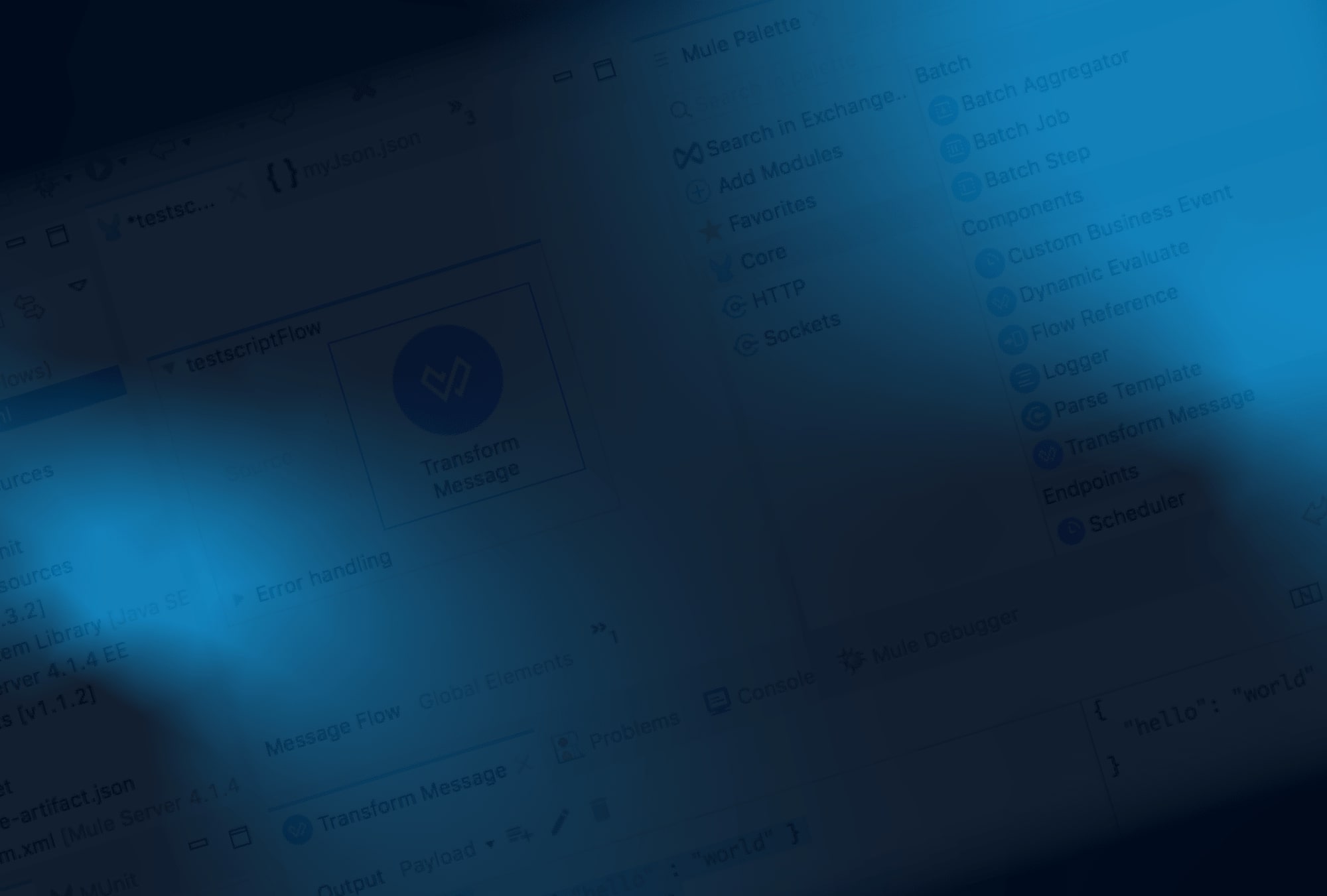
)
)
Learn to lead Anypoint Platform™ strategy to build an application network using API-led connectivity, and gain skills to become a MuleSoft Certified Platform Architect. An application network connects applications, data, and devices within an enterprise and to external ecosystems using APIs.
This course teaches experienced solution and enterprise architects how to direct the emergence of an effective application network out of individual integration solutions following API-led connectivity across an organization. It is case-study driven, with the solution architecture and effect on the organization's enterprise architecture for two strategic change initiatives being documented as the course progresses.
3 days in-person
3 days online
Advanced
At the end of this course, students should be able to:
Basic knowledge and experience with the components of Anypoint Platform from one of the following:
Prior architecture knowledge and experience:
You'll learn from some of the best trainers in the industry. The training will be tailored to your needs and budget. We can arrange training for your employees (groups for up to 12 people) whenever it suits you. We'll even adapt the standard courses according to your requirement.
Not the course you were looking for? We have a range of courses to suit everyone.
Do you have experienced enterprise and solution architects on your team? Book an enquiry and let us help develop your business by investing in your talented team with our in-depth training courses.
We are passionate and share the joy of igniting ideas to fuel business visions. We are confident and are not afraid to boldly go where we’ve never been. We are also very friendly and approachable people who love to solve problems. Give our curious intelligent learners a challenge and we will make it work.
[fa icon="phone"]+44 (0)203 743 8014
[fa icon="phone"]+44 (0)203 875 5669 (Support)
[fa icon="envelope"]info@infomentum.co.uk
[fa icon="map-marker"]4th Floor
68 King William Street
London, EC4N 7HR, UK